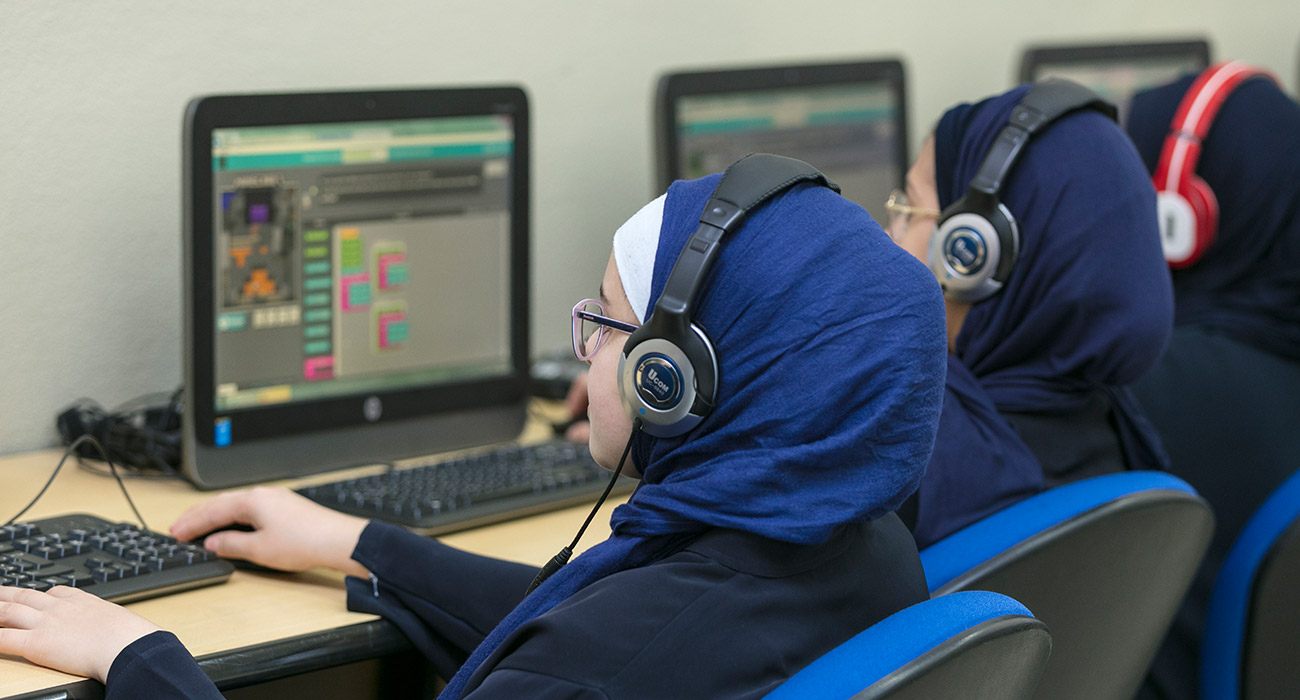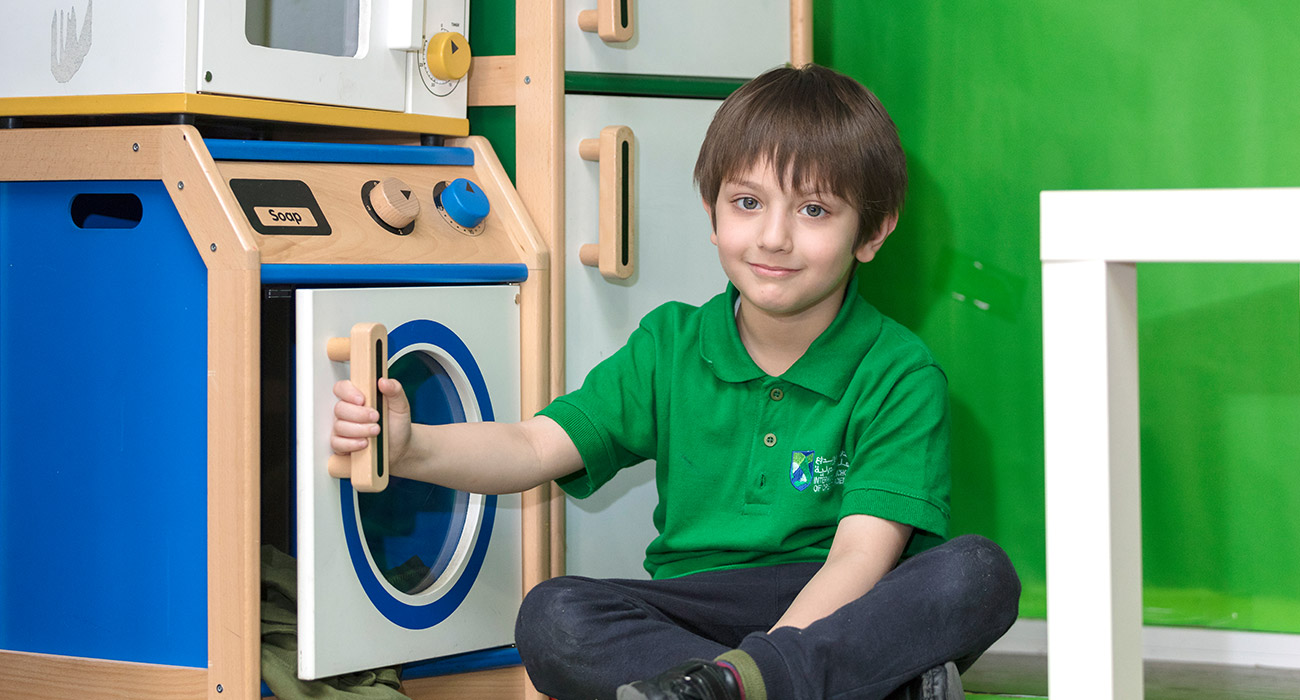
Do you need to tame your child’s love of video games?

There is a good chance that your child loves gaming because it’s a chance for them to chart their own path in a fantasy world. We all love fantasies, especially when we’re younger. Life’s opportunities appear boundless despite physical realities. The most popular video games achieve the right balance between graphics, storytelling, and difficulty. For a game to be fun, yet challenging, the problems will be complex and encourage your child into exploratory action.
However, it is true that there is another side to gaming. Here, children spend all their time playing, to the detriment of their social, emotional and educational development. In other words, gaming is giving your child the opportunity to avoid the real world. Ask yourself the following questions to see where on the spectrum your child might be.
Is your child using video games as an escape?
Sometimes, the amount of time your child spends gaming can be linked to the anxious feelings they’re experiencing in the real world. Balancing the various demands of school and their social life can be quite challenging. For example, they might be struggling socially, or they might feel expectations of them are too high. In these cases, using gaming as an outlet for stress is fine, but using it as a way of escaping isn’t.
Is your child experiencing withdrawal?
Many parents understand the difficulty of getting their child off the console or computer. This is due to the stimulation of pleasurable chemicals released in the brain during a gaming session. Your child, understandably, wants to remain in a state where there’s a reward loop:be challenged, succeeding, receiving an instant reward, repeat. Pulling them away can sometimes feel like fighting an addict. Try to normalise this by exposing them to physical activity, preferably outdoors, and firmly establishing set gaming times with enforced cutoffs.
Is your child fighting addiction?
Speaking of addiction, parents are often worried that too much time in front of a screen can lead to addiction. This is true in that the part of the brain that regulates time and space can become a bit short-circuited. Add the pleasure associated with the instant rewards found in most, if not all, games, and the addiction worries can be understandable. Whenever possible, try and limit their gaming time by creating mutually agreed start and stop times.
Whenever possible, try to interact with your child and understand the gaming process. This includes how games work, how long they last, and what progression and improvement looks like. Often, this can help create appropriate boundaries as well as help answer the questions above.









